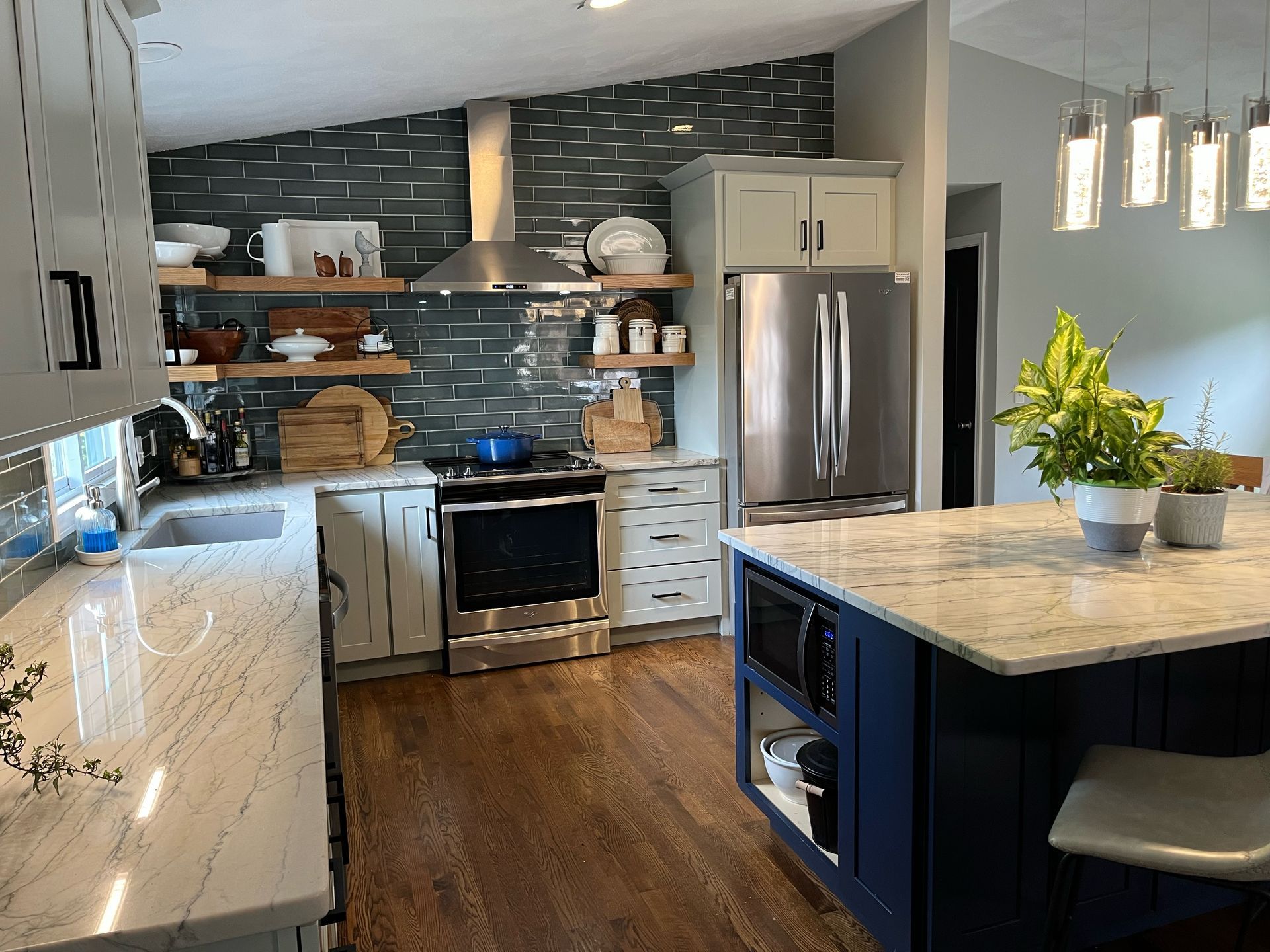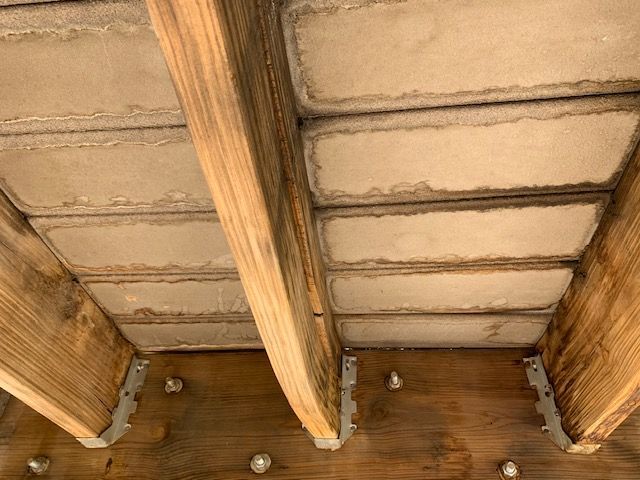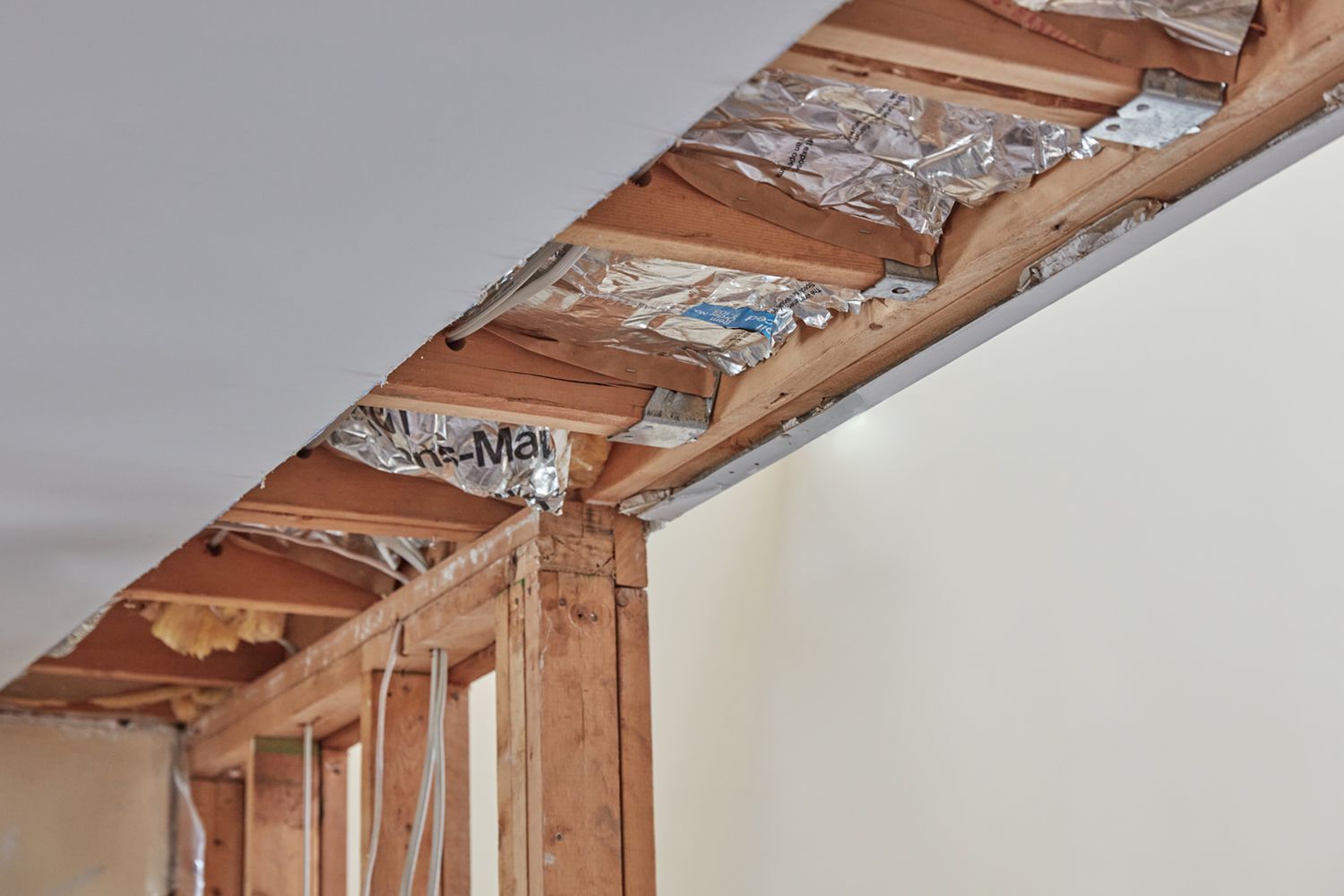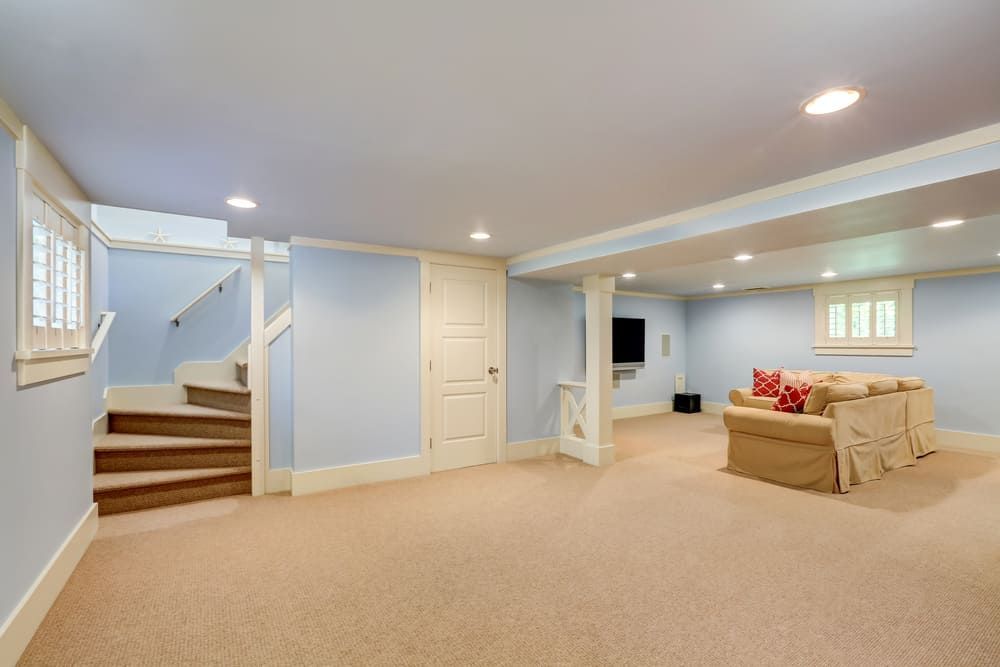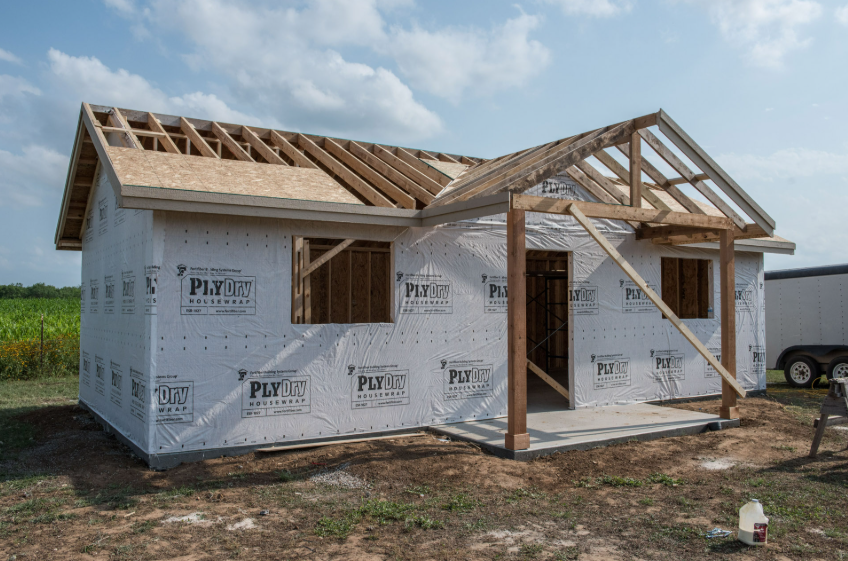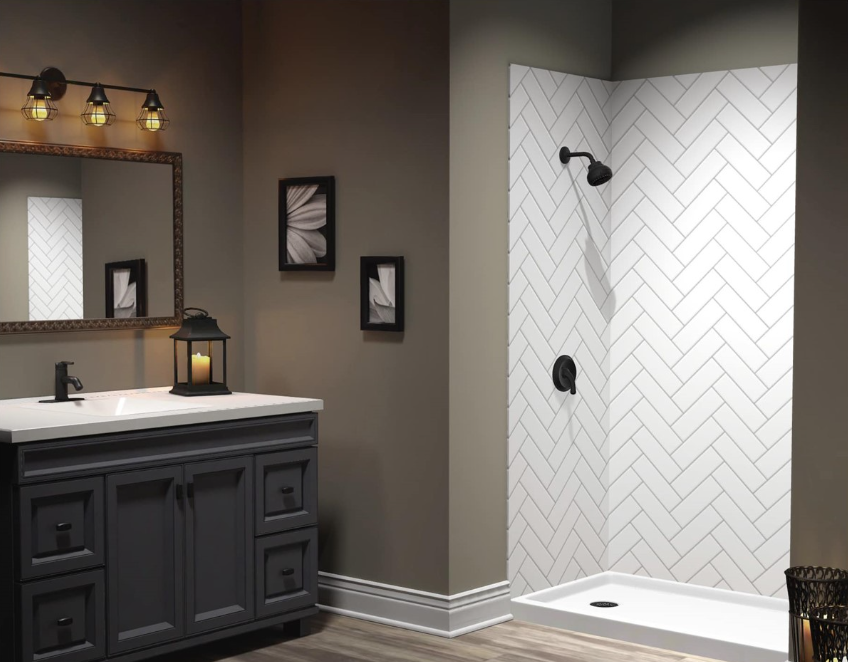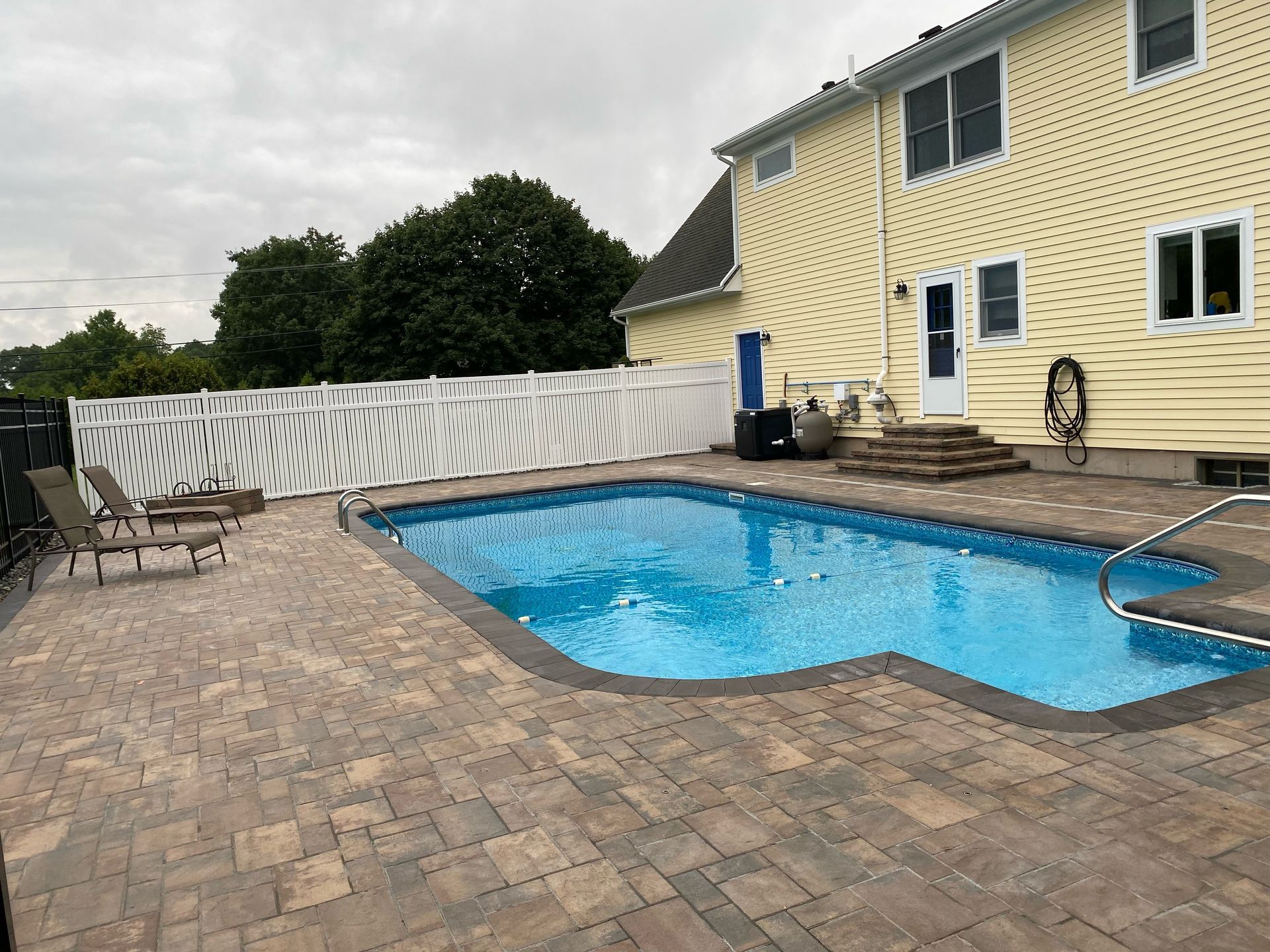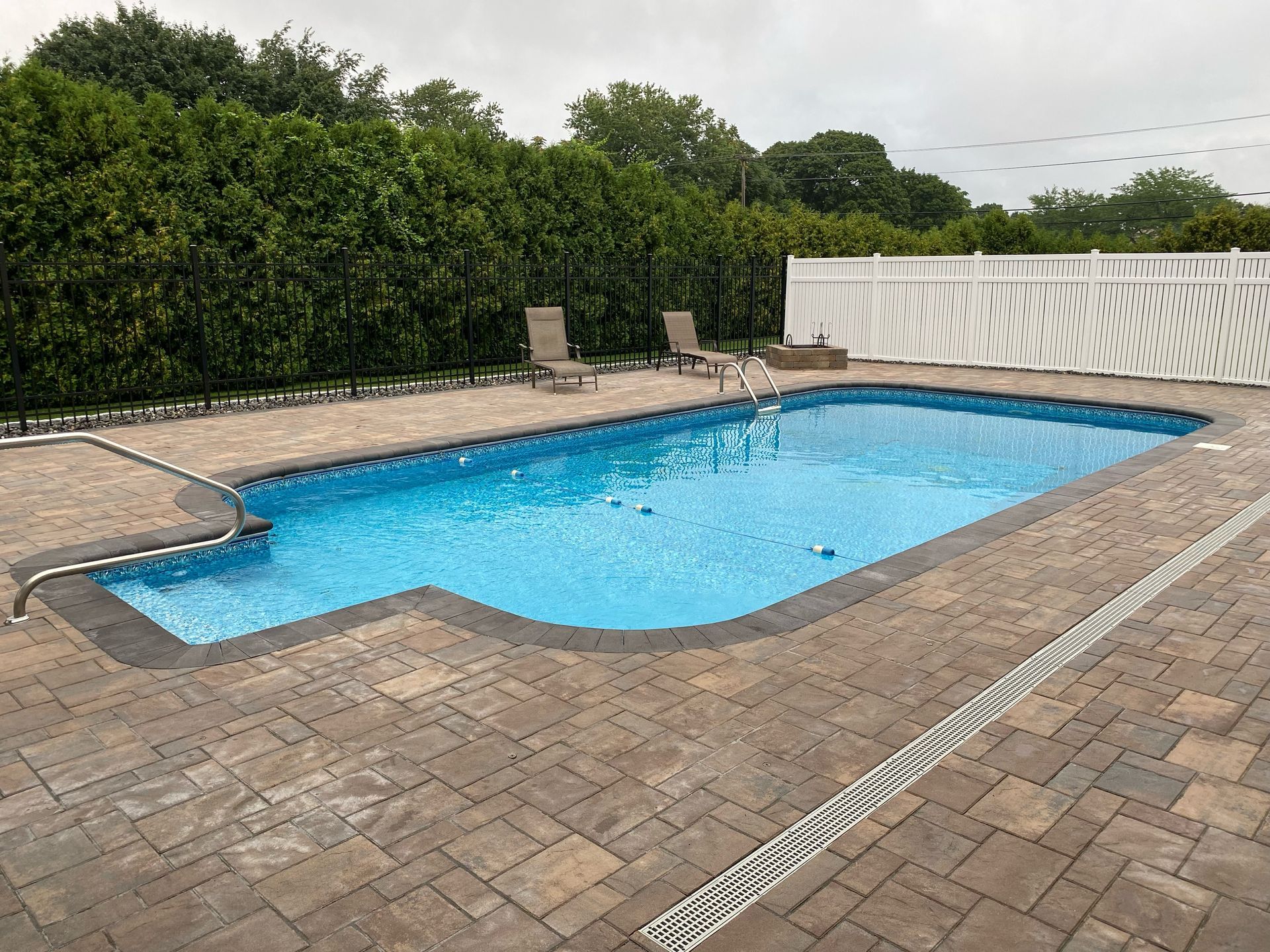Driveway materials that handle Rhode Island winters
Rhode Island's harsh winter climate demands driveway materials that can withstand freeze-thaw cycles, coastal salt exposure, and temperature fluctuations from 21°F to 40°F throughout the winter months. With Rhode Island experiencing 25-30 annual freeze-thaw cycles, choosing the right driveway material is crucial for long-term durability and avoiding costly repairs in Providence, Warwick, Newport, and surrounding communities.
What Is the Best Driveway Material for Rhode Island Winters?
The best driveway material for Rhode Island winters is asphalt, as it stands out due to its durability, flexibility, and ability to withstand extreme temperature fluctuations. Asphalt driveways can withstand the freeze-thaw cycles common in Rhode Island winters without cracking, making them ideal for the state's coastal climate and variable winter conditions.
Quick Material Rankings for Rhode Island Winters
Top Choice: Asphalt
- Cost: $3-7 per square foot
- Lifespan: 15-25 years with proper maintenance
- Best for: Most Rhode Island properties
Runner-Up: Recycled Rubber
- Cost: $6-8 per square foot
- Lifespan: 20-30 years
- Best for: Eco-conscious homeowners, high-traction needs
Third Choice: Permeable Pavers
- Cost: $8-15 per square foot
- Lifespan: 25-40 years
- Best for: Drainage issues, upscale properties
Understanding Rhode Island's Winter Climate Challenges
Freeze-Thaw Cycle Impact
Rhode Island's unique coastal climate creates specific challenges for driveway materials:
Annual Freeze-Thaw Patterns:
- 25-30 freeze-thaw cycles per winter season
- Temperature swings from below freezing to 40°F+
- Coastal influence creates rapid temperature changes
- Ice formation followed by quick melting
Material Stress Factors:
- Water expansion causes 9% volume increase when frozen
- Repeated freezing and thawing weakens material bonds
- Salt exposure from coastal air accelerates deterioration
- Heavy snow loads add structural stress
Regional Climate Variations
Coastal Areas (Newport, Narragansett):
- More moderate temperatures but higher humidity
- Salt air exposure increases corrosion
- Frequent freeze-thaw due to ocean influence
- Higher precipitation levels
Inland Areas (Warwick, Cranston, Providence):
- More extreme temperature swings
- Less salt air but more traditional winter patterns
- Urban heat island effects in Providence
- Variable snow accumulation patterns
Top Driveway Materials for Rhode Island Winters
1. Asphalt Driveways (Best Overall Choice)
Why Asphalt Excels in Rhode Island: Asphalt stands out as one of the best driveway paving materials for Rhode Island's climate due to its durability, flexibility, and ability to withstand extreme temperature fluctuations. The material's flexibility allows it to expand and contract without cracking during freeze-thaw cycles.
Key Benefits:
- Excellent freeze-thaw resistance
- Self-sealing properties reduce water penetration
- Cost-effective initial installation
- Easy to repair and maintain
- Snow removal equipment friendly
Rhode Island Performance:
- Handles 25-30 annual freeze-thaw cycles effectively
- Resists salt damage better than concrete
- Flexible surface accommodates ground movement
- Dark color aids in snow melting
Maintenance Requirements:
- Seal coating every 2-3 years
- Fill cracks promptly to prevent water infiltration
- Regular cleaning to remove debris and salt
- Professional inspection after harsh winters
Cost Analysis for Rhode Island:
- Installation: $3-7 per square foot
- Annual maintenance: $0.50-1.00 per square foot
- Major resurfacing: Every 15-20 years
- Total 20-year cost: $5-10 per square foot
2. Recycled Rubber Driveways
Eco-Friendly Winter Performance: Recycled rubber is an environmentally friendly driveway material that promotes high traction and can withstand the freeze-thaw cycles of extremely cold climates. This material has high traction and costs $6 to $8 per square foot.
Advantages for Rhode Island:
- Superior freeze-thaw resistance
- Excellent traction in icy conditions
- Environmentally sustainable choice
- Flexible material prevents cracking
- Salt-resistant properties
Installation Considerations:
- Requires professional installation for best results
- Proper base preparation crucial for longevity
- Initial investment higher than asphalt
- Limited color and style options
Long-Term Performance:
- 20-30 year lifespan expected
- Minimal maintenance requirements
- Excellent performance in coastal salt exposure
- Maintains flexibility in extreme cold
3. Permeable Pavers and Grid Systems
Modern Solutions for Rhode Island: Honeycomb grid systems and permeable pavers offer excellent performance for Rhode Island winters. Freeze/thaw cycles do not damage high-quality pavers, and they provide superior drainage capabilities.
Benefits for Rhode Island Properties:
- Excellent drainage prevents ice formation
- Individual units flex independently during freeze-thaw
- Easy to repair - replace individual units
- Attractive appearance increases property value
- Reduces runoff and flooding issues
Best Applications:
- Properties with drainage challenges
- Upscale homes requiring aesthetic appeal
- Areas prone to flooding or water accumulation
- Environmentally conscious installations
Installation Requirements:
- Professional installation recommended
- Proper base and sand bedding crucial
- Higher initial investment required
- Complex repairs need experienced contractors
4. Concrete Driveways (Limited Recommendation)
Concrete Challenges in Rhode Island: While durable in many climates, concrete faces significant challenges in Rhode Island's freeze-thaw environment.
Performance Issues:
- Susceptible to freeze-thaw cracking
- Salt damage from de-icing chemicals
- Difficult and expensive to repair
- Thermal expansion problems
When Concrete Works:
- Heated driveway systems installed
- Proper air-entrainment concrete used
- Adequate expansion joints included
- Professional installation with local climate expertise
Improvement Strategies:
- Use air-entrained concrete for freeze-thaw resistance
- Install proper drainage systems
- Apply high-quality sealers annually
- Consider decorative options for aesthetic appeal
5. Gravel Driveways
Traditional Choice with Limitations: Gravel remains popular in rural Rhode Island but requires careful consideration for winter performance.
Winter Performance:
- Good drainage prevents ice buildup
- Easy to repair and maintain
- Cost-effective initial installation
- Compatible with most snow removal equipment
Rhode Island Challenges:
- Requires regular maintenance and regraveling
- Can become muddy during freeze-thaw periods
- Snow removal can displace gravel
- Not ideal for steep driveways
Improvement Options:
- Use gravel stabilization grids
- Proper grading and drainage essential
- Regular maintenance schedules
- Consider upgraded materials like crushed stone
Material Performance Comparison in Rhode Island Conditions
Freeze-Thaw Resistance Rankings
Excellent Resistance:
- Recycled rubber surfaces
- High-quality permeable pavers
- Properly installed asphalt
- Gravel stabilization systems
Good Resistance:
- Standard asphalt with maintenance
- Oil and stone surfaces
- Concrete with proper air entrainment
Poor Resistance:
- Plain concrete without additives
- Poorly maintained asphalt
- Loose gravel without stabilization
Salt Damage Resistance
Coastal Rhode Island Considerations:
- Asphalt: Good resistance with proper sealing
- Recycled rubber: Excellent salt resistance
- Concrete: Poor without proper sealers
- Pavers: Good to excellent depending on material
- Gravel: Neutral impact from salt exposure
Maintenance Requirements by Material
Low Maintenance (Annual):
- Recycled rubber: Cleaning and inspection only
- Quality pavers: Occasional sand replacement
- Gravel: Minor regrading and addition
Moderate Maintenance (2-3 years):
- Asphalt: Seal coating and crack repair
- Concrete: Sealing and joint maintenance
High Maintenance (As needed):
- Poor-quality installations of any material
- Materials not suited to Rhode Island climate
Cost Analysis for Rhode Island Driveway Materials
Initial Installation Costs (Per Square Foot)
Budget Options:
- Gravel: $1-3 per square foot
- Basic asphalt: $3-5 per square foot
Mid-Range Options:
- Quality asphalt: $5-7 per square foot
- Recycled rubber: $6-8 per square foot
- Basic concrete: $4-8 per square foot
Premium Options:
- Decorative concrete: $8-15 per square foot
- Permeable pavers: $10-20 per square foot
- Heated driveways: $15-25 per square foot
20-Year Total Cost of Ownership
Asphalt Driveway (400 sq ft):
- Initial cost: $2,000-2,800
- Maintenance: $1,200-2,000
- Resurfacing: $1,600-2,200
- Total: $4,800-7,000
Recycled Rubber (400 sq ft):
- Initial cost: $2,400-3,200
- Maintenance: $400-800
- Total: $2,800-4,000
Permeable Pavers (400 sq ft):
- Initial cost: $4,000-8,000
- Maintenance: $800-1,600
- Total: $4,800-9,600
Factors Affecting Costs in Rhode Island
Site Preparation:
- Coastal areas may require better drainage
- Rocky soil increases excavation costs
- Steep slopes add complexity and cost
- Access limitations increase labor expenses
Local Labor and Materials:
- Rhode Island contractor availability
- Material transportation costs
- Seasonal installation windows
- Permit and inspection fees
Installation Considerations for Rhode Island
Seasonal Timing
Optimal Installation Periods:
- Late spring (May-June): Ground thawed, dry conditions
- Early fall (September-October): Stable temperatures
- Avoid winter installations for most materials
- Plan for weather delays in scheduling
Weather Considerations:
- Asphalt requires temperatures above 50°F
- Concrete needs frost-free curing period
- Paver installation needs dry conditions
- Gravel can be installed in most weather
Site Preparation Requirements
Drainage Considerations:
- Essential for all materials in Rhode Island
- Prevent water accumulation and ice formation
- Consider seasonal water table fluctuations
- Plan for spring snowmelt runoff
Base Preparation:
- Proper excavation depth for material type
- Compacted gravel base for stability
- Geotextile fabric in problem soils
- Proper grading for water runoff
Local Building Codes and Permits
Rhode Island Requirements:
- Check local zoning for setback requirements
- Drainage regulations may apply
- Permits required for major driveway work
- Accessibility compliance for commercial properties
Municipal Variations:
- Providence: Urban density considerations
- Warwick: Suburban drainage requirements
- Newport: Historic district restrictions
- Coastal towns: Special environmental considerations
Maintenance Strategies for Rhode Island Winters
Pre-Winter Preparation
All Materials:
- Clean surface of debris and organic matter
- Repair cracks and damage before freeze
- Ensure proper drainage function
- Apply appropriate sealers if needed
Asphalt Specific:
- Seal coat every 2-3 years
- Fill cracks with flexible sealant
- Check for surface deterioration
- Plan professional inspection
Concrete Specific:
- Apply penetrating sealer annually
- Check expansion joints for damage
- Repair spalling or surface damage
- Ensure proper drainage away from surface
Winter Maintenance
Snow Removal Best Practices:
- Use plastic shovels on sensitive surfaces
- Avoid metal blades on decorative materials
- Clear snow promptly to prevent ice formation
- Apply ice melt products appropriate for material
De-Icing Product Selection:
- Rock salt: Avoid on concrete, okay for asphalt
- Calcium chloride: Safe for most materials
- Sand: Provides traction without chemical damage
- Avoid sodium acetate on new concrete
Spring Recovery and Repair
Post-Winter Assessment:
- Inspect for winter damage after final thaw
- Document any new cracks or deterioration
- Plan repairs before next winter season
- Consider professional evaluation for major issues
Common Rhode Island Winter Damage:
- Freeze-thaw cracking in concrete
- Asphalt surface raveling
- Paver joint sand loss
- Gravel displacement and rutting
Special Considerations for Rhode Island Properties
Coastal Properties
Additional Challenges:
- Salt air accelerates material deterioration
- Higher humidity levels
- Storm surge considerations
- Wind-blown sand and salt
Material Adaptations:
- Enhanced sealing schedules
- Corrosion-resistant hardware for pavers
- Regular cleaning to remove salt deposits
- Consider elevated designs for flood-prone areas
Historic Districts
Aesthetic Requirements:
- Material restrictions in historic areas
- Approval processes for changes
- Traditional material preferences
- Integration with historic architecture
Recommended Approaches:
- Consult local historic commissions
- Consider period-appropriate materials
- Plan for higher maintenance requirements
- Document existing conditions before changes
Steep Driveways
Safety Considerations:
- Enhanced traction requirements
- Proper drainage to prevent ice formation
- Consider heated systems for safety
- Non-slip surface treatments
Material Adaptations:
- Textured surfaces for better traction
- Permeable materials to reduce runoff
- Proper slope calculations for drainage
- Professional engineering for severe slopes
Environmental and Sustainability Considerations
Eco-Friendly Material Options
Recycled and Sustainable Choices:
- Recycled rubber from old tires
- Reclaimed asphalt pavement (RAP)
- Locally sourced gravel and stone
- Permeable systems for groundwater recharge
Environmental Benefits:
- Reduced runoff and flooding
- Groundwater recharge capabilities
- Recycled content reduces waste
- Lower embodied energy in some materials
Stormwater Management
Rhode Island Regulations:
- Stormwater management requirements
- Impervious surface limitations
- Drainage system connections
- Environmental impact considerations
Design Solutions:
- Permeable paving systems
- Bioretention areas adjacent to driveways
- Proper grading to direct runoff
- Rain gardens and natural drainage
Future Trends and Innovations
Emerging Technologies
Smart Driveway Systems:
- Heated driveways with smart controls
- Permeable systems with storage capabilities
- Integrated lighting and safety features
- Weather-responsive surface treatments
Advanced Materials:
- Self-healing asphalt technologies
- Enhanced recycled material options
- Bio-based binding agents
- Nano-technology surface treatments
Climate Adaptation
Preparing for Climate Change:
- More extreme freeze-thaw cycles expected
- Increased precipitation and flooding risk
- Temperature variation considerations
- Long-term durability planning
Making the Right Choice for Your Rhode Island Property
Decision Framework
Assess Your Priorities:
- Budget constraints and long-term costs
- Maintenance capability and preferences
- Aesthetic requirements and property style
- Environmental and sustainability goals
Property-Specific Factors:
- Driveway size and usage patterns
- Drainage and slope considerations
- Soil conditions and stability
- Local climate microenvironment
Professional Consultation:
- Engage qualified contractors for assessment
- Consider soil testing for problem areas
- Review local success stories and references
- Plan for long-term maintenance requirements
Red Flags to Avoid
Contractor Warning Signs:
- Pressure sales tactics or door-to-door solicitation
- Significantly low bids without explanation
- Lack of local references or experience
- No proper licensing or insurance coverage
Material Warnings:
- One-size-fits-all recommendations
- Ignoring local climate considerations
- Inadequate drainage planning
- Skipping proper base preparation
Ready to install a driveway that can handle Rhode Island's toughest winters?
Rockhouse Construction specializes in driveway installation and maintenance throughout Providence, Warwick, Newport, and surrounding communities. Our experienced team understands Rhode Island's unique climate challenges and uses only materials proven to withstand the state's freeze-thaw cycles and coastal conditions. From asphalt and recycled rubber to permeable pavers and heated systems, we provide expert installation, maintenance, and repair services tailored to your property's specific needs.
Contact us today for a comprehensive consultation and ensure your driveway investment provides reliable performance for decades to come.
